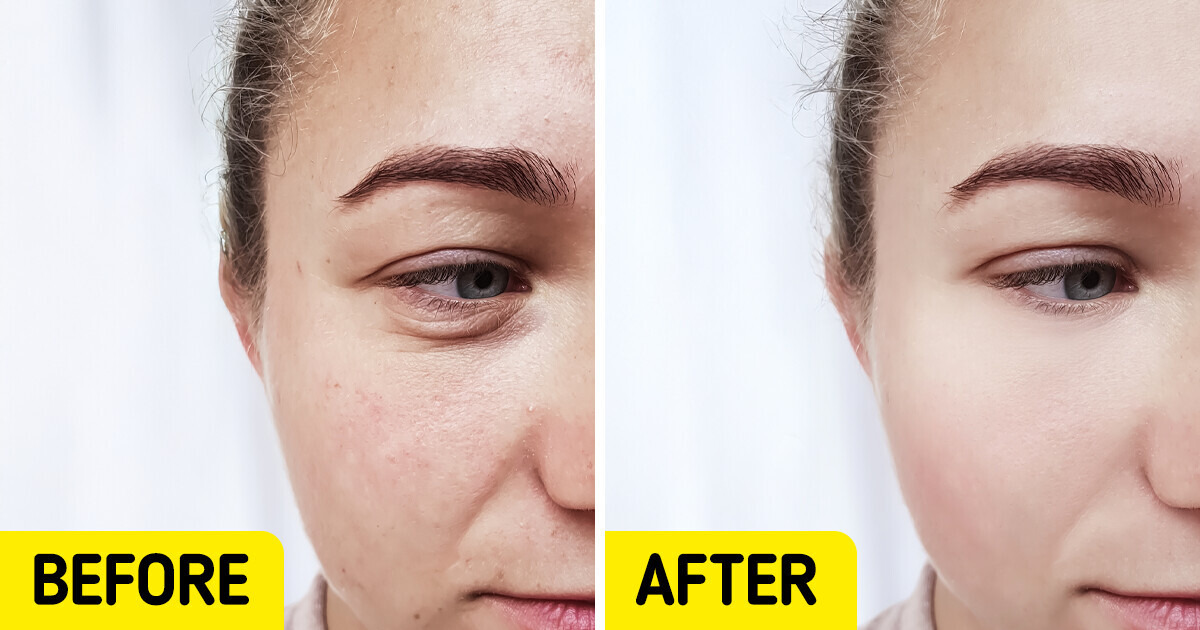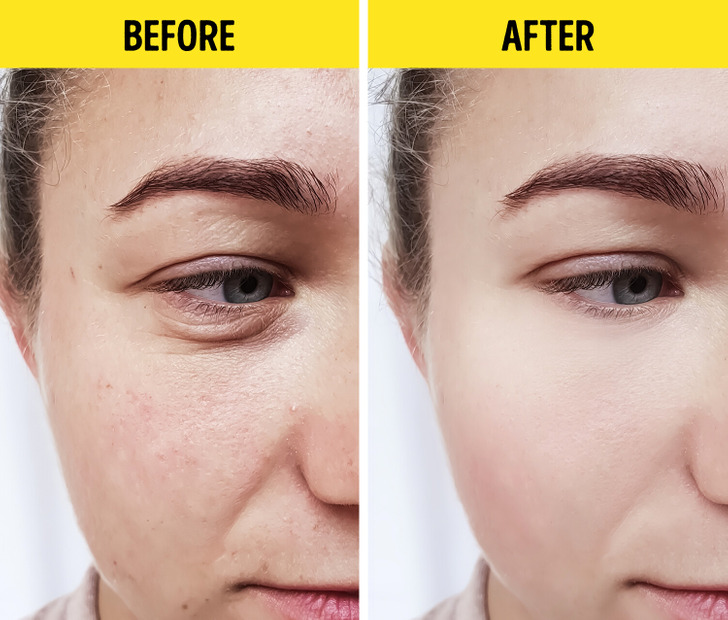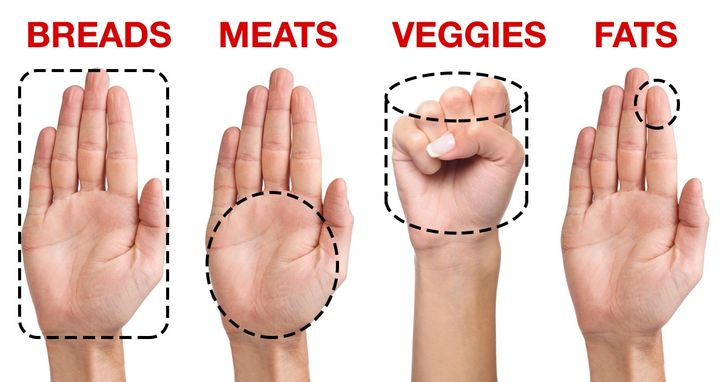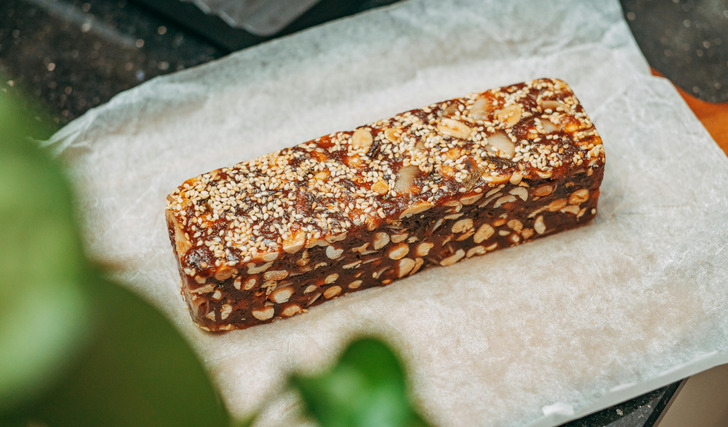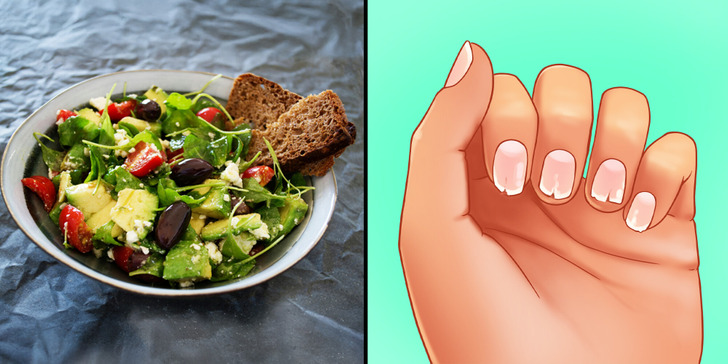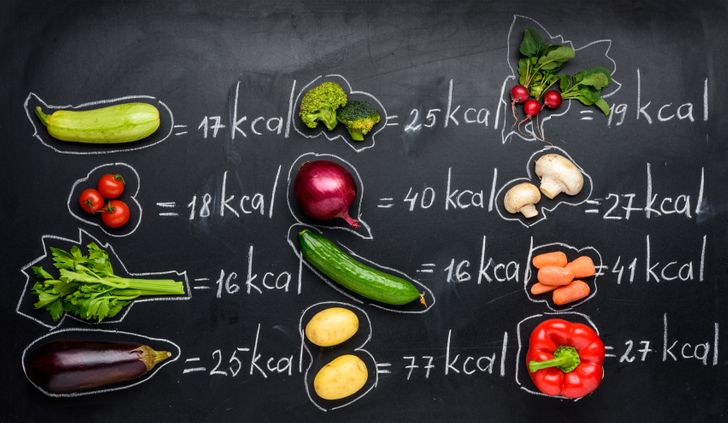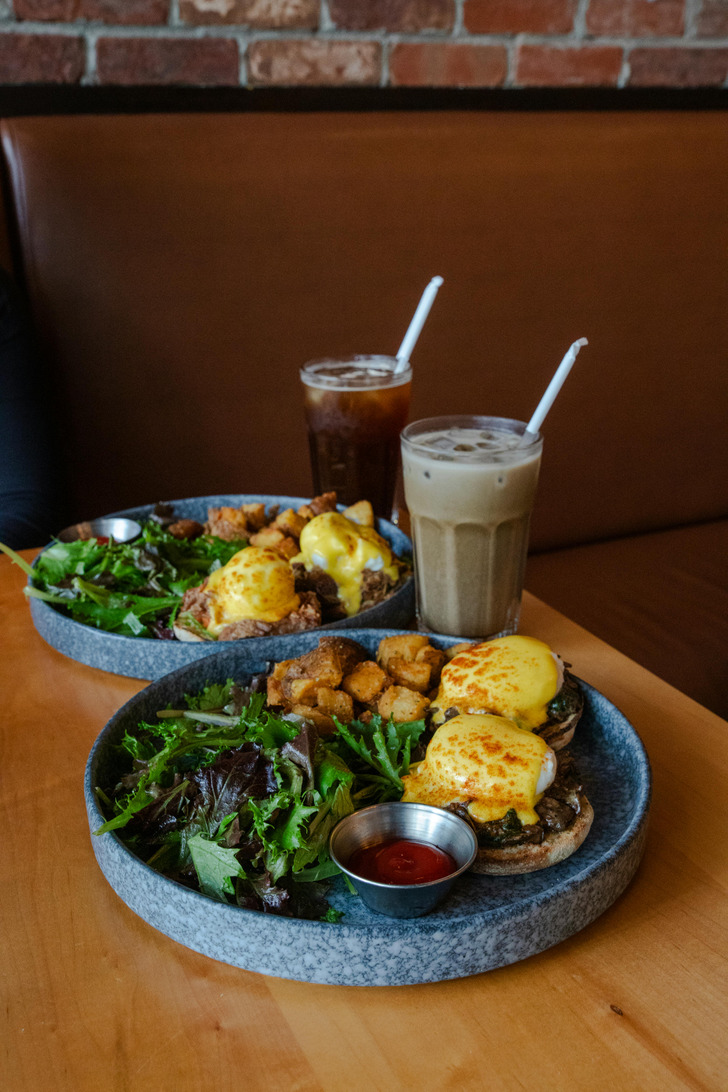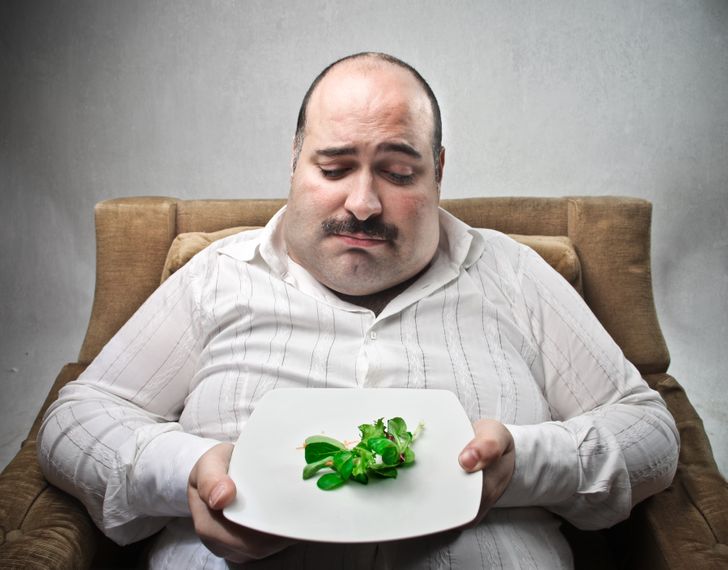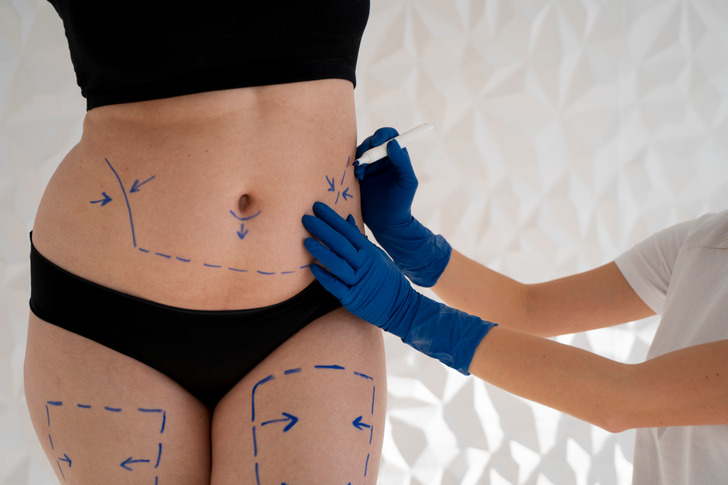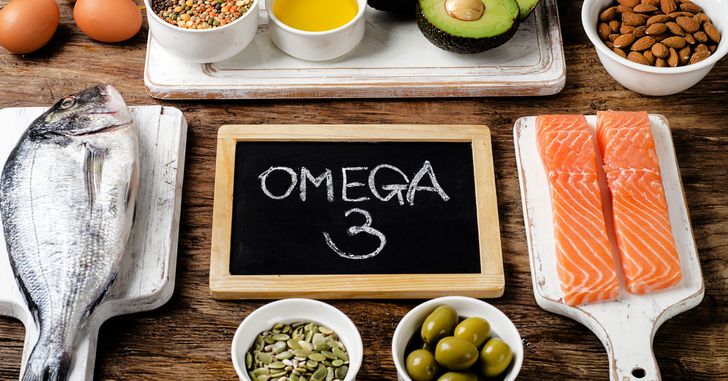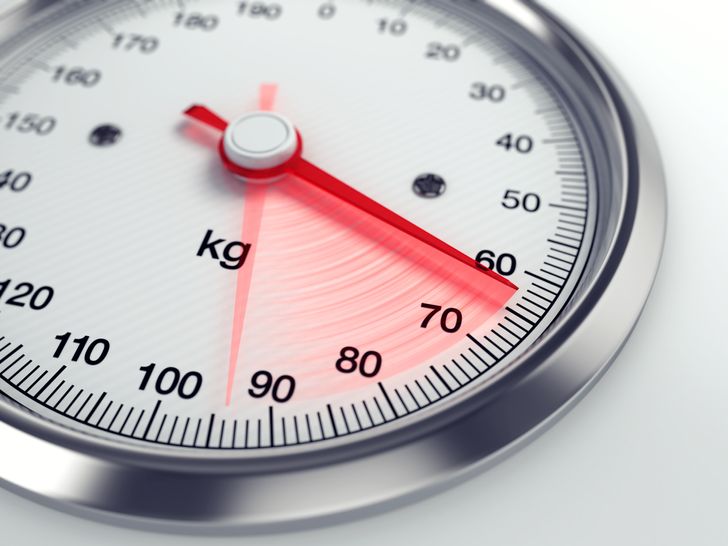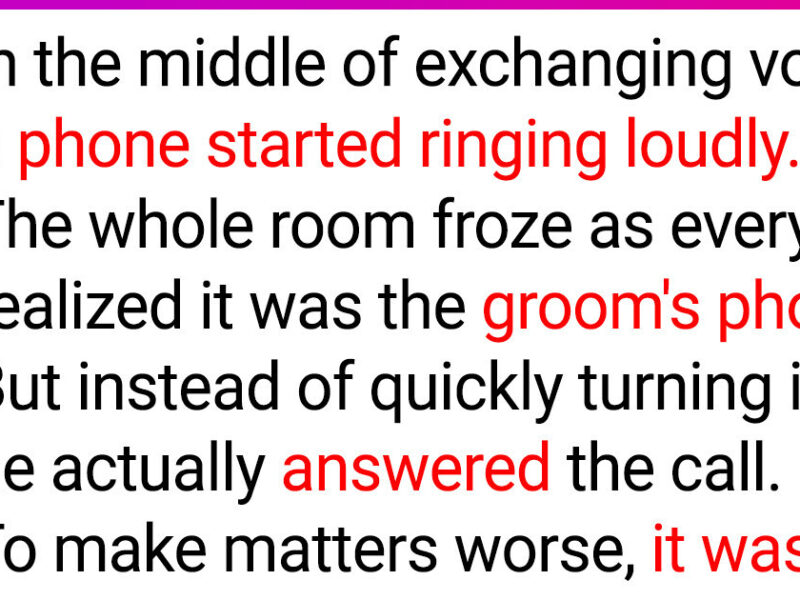10+ Brutally Honest Weight Loss Truths Nobody Dares to Tell You / Bright Side
If you’ve ever sworn off carbs, chugged down a “fat-burning” tea, or followed that one weird hack everyone’s talking about, this one’s for you. Nutritionists have had enough of the endless parade of fads and false promises. The truth is, weight loss isn’t about deprivation or shortcuts—it’s about understanding your body in ways most trends don’t tell you.
15. Your skin becomes clearer
Your weight-loss journey provides another additional bonus — you not only feel healthy, but also look healthy. Some people who’ve decided to lead a healthier lifestyle and lose their extra weight have noticed tremendous changes in their appearance. Their skin cleared up and stopped peeling, their hair became thicker, and their nails became stronger.
14. Watch your portions.
So, your dietician tells you that oatmeal is good for you. And you end up preparing it with loads of butter and probably plan to have a second or third serving. The hard fact is that you could have gorged on a burger instead of this. Quantity, quality, and portions are very important. The above image is a small guide showing you the approximate size of portions depending on which foods you’re eating.
To satiate your hunger, serve yourself fruit or some toasted veggies so that your urge to eat more doesn’t spoil your diet regimen. Also, another tip suggested by Cornell University Food Lab is that you should try to contrast the color of your food with your plate because the color contrast will help you realize the quantity of food you have.
13. Healthy’ snacks aren’t always healthy
Many “diet” snacks, like granola bars or low-fat yogurts, are loaded with added sugars. Dieticians advise checking labels and opting for whole foods like nuts, fruits, or boiled eggs.
12. Lack of sleep causes weight gain.
Sleep deprivation disrupts hunger hormones, increasing ghrelin (hunger) and decreasing leptin (fullness), making you feel hungrier and less satisfied. This imbalance often leads to overeating, especially unhealthy foods. Lack of sleep also reduces willpower, making it harder to resist temptations. Prioritizing 7-9 hours of quality sleep can help restore hormone balance and support weight loss goals.
11. Eating more fruit and vegetables doesn’t always help you lose weight
Many believe that eating more fruits and vegetables will help shed pounds, but the key factor is balance and portion control. For example, fruits and vegetables that are high in starches, such as potatoes and corn, can contribute a significant amount of calories if consumed in large quantities.
Salads are great, but if you’re filling your stomach with lettuce, you might not be leaving enough room for the right amount of protein. Protein plays a role in creating and maintaining every cell in the body. Without it, we might lose muscle mass and get weaker immune systems, hair, and nails.
10. Are you tracking the calories?
Now that you have adopted a diet plan, you might often find yourself watching that plate carefully before eating. It’s because you’ve started counting the calories you are taking in.
As advised by Sanfilippo, don’t keep track of each and every gram eaten, but instead try tracking your calorie intake. Counting calories is pretty important. This way, you are fully aware of what and how much you are eating and this helps you in achieving your goal faster.
9. You’re underestimating your portions
Portion sizes shouldn’t dictate how much you eat. Whether dining out or at home, the amount on your plate shouldn’t define your appetite. In many places, we’ve been conditioned to focus on portion control, but the real key is listening to your body’s hunger cues, not obsessing over size.
8. Snacking is not as bad as you may think.
If you think eating in between meals or snacks can affect your strict diet plan, you’re kind of wrong. A healthy snack consumed when hunger strikes may help prevent overeating during meal times. Any snack that is rich in protein will not only make you feel fuller but will also keep the cravings in control.
As Fisher suggests, “I recommend nuts, seeds, fruit, yogurt, cheese sticks, air-popped popcorn, and low-sugar granola bars.”
7. Eat when you’re hungry, not when you’re in the mood to eat.
A lot of times, we are not able to see through our hunger pangs and realize that we are not hungry, but just going through a mood swing which creates the temptation to eat. For instance, when you are bored, angry, or upset, you may feel like sitting alone and eating. A good dietician will always advise against this.
Identify whether you are hungry or not. If you can’t imagine eating a carrot stick, you are not hungry. As dietician and nutritionist Ruth Frechman pinpoints, “While it’s easier said than done, try to pause and think about whether you are physically hungry before taking that first bite.”
6. Don’t be too hard on yourself.
You may think that a craving for a certain food is your weakness and you just can’t give in. There is new research that has shown that cravings are very natural and that their intensity varies from person to person.
As further explained by Frank Greenway, MD, Chief Medical Officer at the Pennington Biomedical Research Center in Baton Rouge, LA, “We now know when people are most vulnerable to cravings (early evening) and which age groups crave more (young females crave more than older males, and younger female dieters crave more than older male dieters). Knowing your personal ’risk factors’ can help you manage your cravings.”
5. Liposuction is not the solution.
Many people these days are opting for weight loss surgeries. They think that this will transform them instantly without having to go through exercising and dieting. You are not only required to go through a certain amount of weight loss before the surgery, but you also have to keep it under control after surgery.
“Liposuction may remove up to a few pounds from the midsection during surgery, but it’s a sculpturing tool, not a weight loss tool,” says Joshua D. Zuckerman, MD, FACS, a New York City board-certified plastic surgeon.
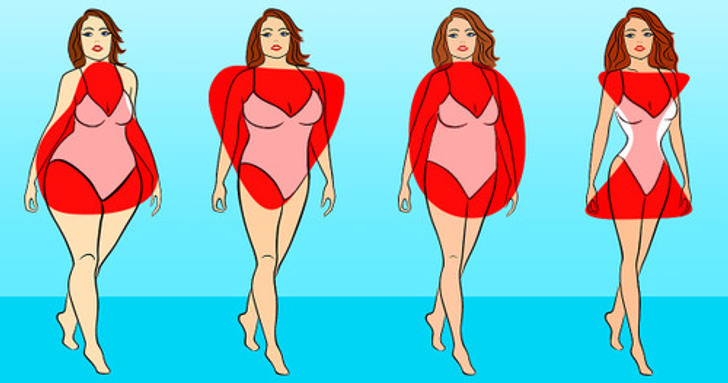
4. Not all fats are making you fat.
We generally avoid eating certain fatty things like avocado, nuts, and dairy products thinking that they will make us fat. While it’s obvious that these have fats, they are essential fats that don’t hamper the weight loss process but in fact help it.
As explained by Eliza Savage, MS, certified dietitian nutritionist at Middleberg Nutrition in NYC, “Fat is digested slower than carbs and protein and will also help promote satiety. Full-fat dairy products, nuts, and plant-based fats promote weight loss, not inhibit it.”
3. How to find out if you’re losing weight without a scale.
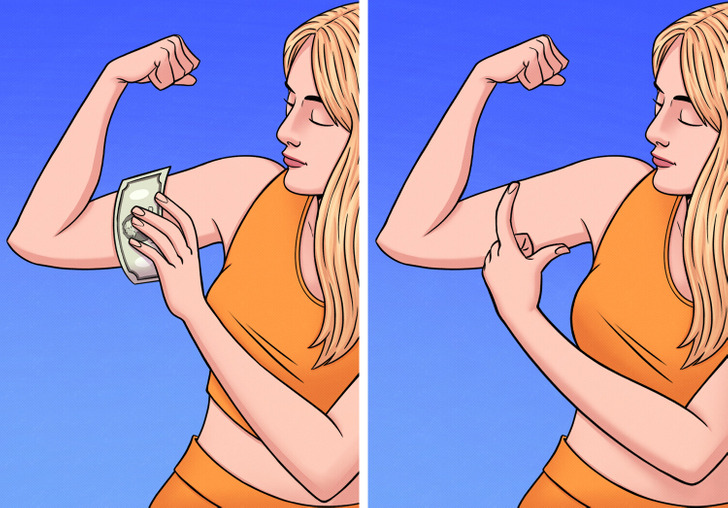
If you’re trying to lose weight but don’t have a scale, you can find out whether you’ve already lost a few pounds without having to purchase one.
- Use a measuring tape. Measure your waist and hips to track your progress. You can use your belly button as a reference point to remember the tape placement. If you don’t have a measuring tape, you can measure your waist with your hands or use dollar bills to measure it. Tape a few bills together, wrap them around your waist and multiply the number of bills you used by 6.14 inches (the length of a bill).
- Check how your clothes fit. If you’ve lost your first 5 to 15 pounds, chances are you will notice your clothes fitting differently.
- Take before-and-after photos. Visually documenting your fitness journey will clearly show you your body’s changes.
2. Fast weight loss is not actually fat loss.
A friend of yours lost weight like crazy in almost a few days instead of months! You start feeling resentful of their success story.
However, let us show you a window of truth in the words of Rachel Goodman, RD, CDN owner of Rachel Good Nutrition, “Fast weight loss, like 10 pounds in two weeks, that results from extreme food restriction, juice cleanses, or cutting out carbohydrates completely is mostly due to loss of water weight and muscle mass, and can be very unhealthy. This weight loss is not sustainable and is usually gained back fast and results in a cycle of yo-yo dieting, which messes up your metabolism. The actual pounds you want to lose and keep off—pounds of fat—require a meal plan that includes all food groups and is not overly restrictive so that you can fuel your body to burn fat efficiently.”
1. Hydration is the overlooked weight loss hero
Drinking enough water can help control hunger, improve digestion, and even boost metabolism. Sometimes, thirst is mistaken for hunger, leading to unnecessary snacking.
While cutting calories and exercising are key to weight loss, there’s more to it. Many make simple mistakes that can actually slow down or reverse progress. Avoid these missteps to stay on track with your goals.
